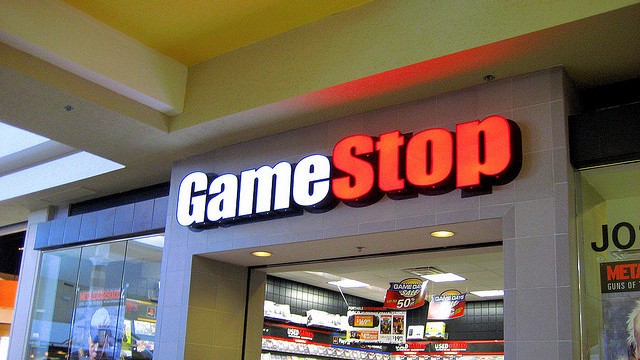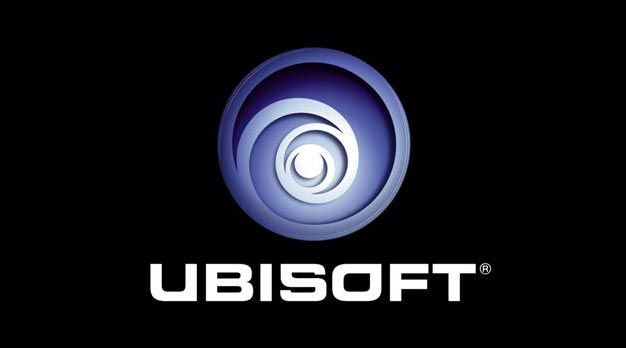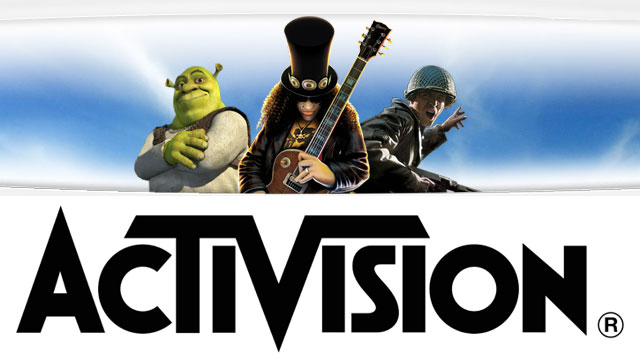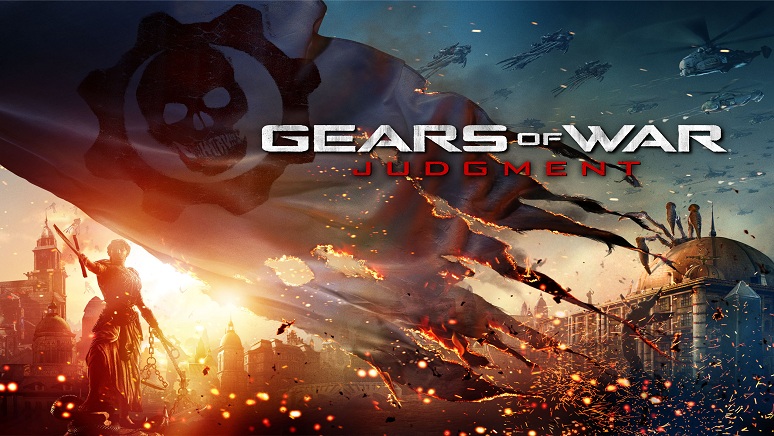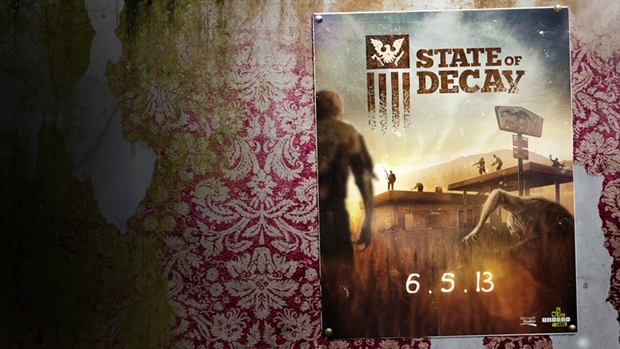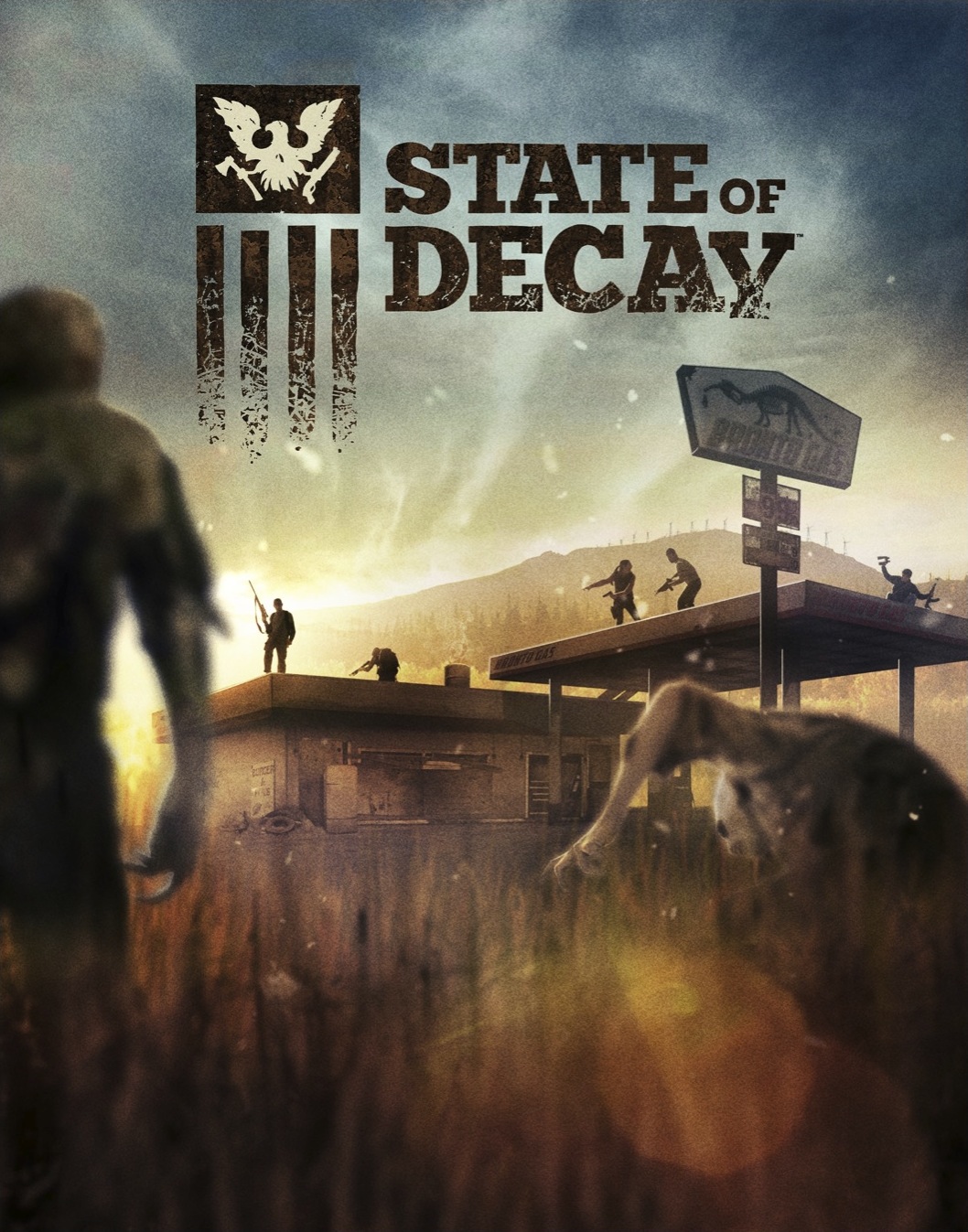
The used game debate is nothing new by any means. A few developers and plenty of publishing companies have had no problem in voicing their displeasure with the amount of used sales that go through stores like Gamestop. A few companies have historically been a bit more than a little hostile towards the used game market, while some developers will make wildly unfounded statements about used games contributing to the decline of gaming.
Is there anything to these comments, and this market research? With some groups lumping used sales in with good old-fashioned piracy are they really hurting what is clearly a booming industry, or is this just a case of smoke and mirrors? Developers and production companies alike wouldn’t be the first company to cry “foul,” when legitimate competition comes knocking so where should people stand in regards to the used games market, massive used-game retailers like Gamestop and even your little mom and pop shops?
Now, most of us remember trading games with friends as we grew up, maybe not permanently, but it was always something nice to do as a kid. You share the games you like with them and in return you’d borrow one of their games. When you’re a 12 year old mowing lawns, and shoveling snow out of driveways you don’t have a lot of extra money to throw around and play a game, especially when it sometimes could take months to save for a title. So, with this pastime of trading games and the “sharing is caring,” mentality that has so clearly existed in gaming since the days of Atari and ColecoVision, why is it met with so much hostility in relatively recent times?
"It’s not like Gamestop doesn’t get a boatload of money from used games too. What used to be just people casually trading or borrowing games from one another became a way to generate a massive amount of revenue."
We can all probably agree that developers and publishers deserve to get paid. In a fast-paced industry where it’s incredibly easy to be on top one year and scraping the bottom of the barrel the next, it is a high-stress industry that most cannot match. Companies like Activision put a lot of money into games likes Call of Duty, to not see a big return or a diminished return on a sale could seriously hamper a company’s ability to compete in the future, or so we’re told.
We’ve seen plenty of great developers go down for this, simply due to budget issues. The biggest one recently being THQ. They made some great titles that sold like gangbusters and they still ended up filing for bankruptcy towards the end of 2012. No developer or production company is immune to financial troubles. It’s understandable that these companies want to protect their assets, in the case of wildly successful production companies like Ubisoft and Activision, remain on top year after year.
It’s not like Gamestop doesn’t get a boatload of money from used games too. What used to be just people casually trading or borrowing games from one another became a way to generate a massive amount of revenue. Most of us have traded something into Gamestop at some point. We aren’t usually psyched for what we get for it, but it’s better than nothing, frankly we’ve all got games in our collections that we’re most likely never going to play again. Gamestop can take that used game and flip it for way more than they gave to us, if it sells that is.
"The greatest asset to your inventory is the gravity tether which is effectively a stretchy piece of rope which can be fired and attached to walls and any rock, blockade or enemy in your way."
Have you ever checked out the bargain bin in a Gamestop? They are almost completely stocked with used titles and not only that, but pretty damned terrible one’s too. Either that or a game that was so popular it had saturated the market. No matter how good it is, if you’ve got a million of them, so they’re cheap. At this point, even with the amount someone gets for the game, it could be entirely possible that Gamestop sees a diminished return on that used purchase, if anything at all.
Once they’ve hit the bargain bin they are losing money on it, and with the way the retail system works, stores like Gamestop don’t exactly make much money on new releases or sales of new games. While selling games is obviously their bread and butter, they bring home the bacon with used titles. You can’t really fault them for pushing the used game market so much; especially when your alternatives are big chain stores that don’t give a second thought to gaming or online retailers that you’ve got to wait for. While it’s almost universally true that you can find any game cheaper in a vast majority of cases, a retail store has instant satisfaction. You know what you want, you go and pick it up and you’re playing it within 15 minutes. It’s a beautiful thing, really.
The problem we’re seeing now is that developers and producers alike are starting to treat their own games with almost as much hostility as games that have been pirated from them. For instance a developer at Lionhead studios, Mike West said that secondhand sales on consoles like the 360 were a larger problem than piracy back in 2011. Now, I guess technically that’s true, while piracy exists on consoles, it’s nowhere near as prevalent as it is on the PC.
"The problem we’re seeing now is that developers and producers alike are starting to treat their own games with almost as much hostility as games that have been pirated from them. "
The problem that I see is that is we’ve got companies that are viewing gamers playing their titles as a problem in the industry! Now, I can almost understand where Mr. West is coming from. There is someone else out there making money on the titles you’ve helped create, but let’s not forget that at some point these developers and production companies got paid for that used copy which is now floating around out there. We should support our developers, because that’s how great games get made, but we shouldn’t change an entire purchasing system because companies and more to the point, people get greedy.
Used bookstores don’t send publishers and writers money when they sell a book. The movie and music industries don’t get kickbacks every time a used copy of Total Recall or The Princess Bride get’s sold. The truth is that these companies don’t deserve to get paid twice, they’ve been paid once already and in many cases also get paid for expansions and DLC. I am sure there are some publishers or developers that could come up with a myriad of reasons as to why they should be paid twice, at this point you’d have a hell of a time selling it to anyone, anywhere.
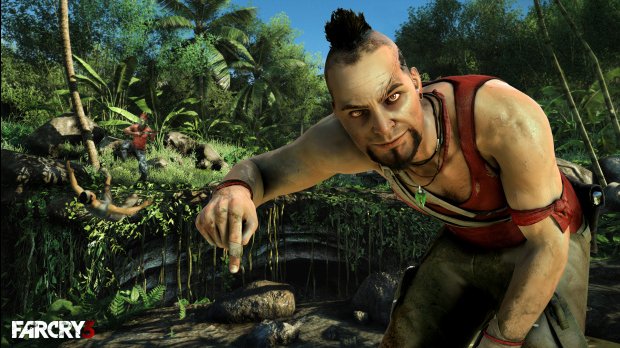
If the used game market is hurting companies so much, which it most likely is not then they need to give consumers incentive to purchase new games. Ubisoft has actually done pretty well in this regard as of recently. Gamers who are familiar with Far Cry 3’s achievement system may recognize a nice shift in thinking with this title. The Achievements that are earned in-game generate points, points that can actually be traded in for a few things, New menu screens, backgrounds and even game content.
"If the used game market is hurting companies so much, which it most likely is not then they need to give consumers incentive to purchase new games. Ubisoft has actually done pretty well in this regard as of recently. "
It’s not much, but it’s a step and it gives fans of the series a reason to buy a game new. The gaming market is highly competitive and you’ve got to give consumers a reason to buy your game over someone else’s or in this case a reason to buy your game new instead of used. Ubisoft’s CEO has gone as far to say that used games are actually “good” for the industry in recent months. While Mr. Guillemot the CEO is still very-much up in the air about the future of used games within the industry, he does think that it’s a positive, driving force that the entire industry benefits from.
Instead, companies like Activision limit access to DLC’s for some of their used games. The idea of blocking online play too has even come up for people who’ve purchased used titles. Being hostile and limiting your customer base is hardly an incentive that keeps customers around, in anything, especially in the gaming industry.
There is also somewhat of a prevalent mentality from people within the business that believe everyone has to pay full-price so Triple-A titles can be successful and so that we see more of them in the future. This is the opinion of designers like Cliff Bleszinski who has worked on the Gears of War franchise, which seem to think that lowering the budget from a triple-A title is insane. While most of us can at least understand this mentality and the sentiment behind not wanting your job or your company to vanish.
"Games like Minecraft, Shadowrun Returns and State of Decay prove that great games can be well planned and successful, in some cases more than these massive systems that have been built to churn out the Next Assassin’s Creed or Call of Duty title. "
However, the problems that need to be addressed are not used video games but the completely unsustainable and wasteful development process that’s cropped up in the wake of these massively budgeted games. By this time, any developer who says this sort of stuff is simply putting their foot in their mouth. We’ve seen first-hand that indie titles become amazingly successful. We’ve also seen that a well-conceptualized and executed development cycle is far more productive, sustainable and generates titles that are just as, if not more entertaining.
Games like Minecraft, Shadowrun Returns and State of Decay prove that great games can be well planned and successful, in some cases more than these massive systems that have been built to churn out the Next Assassin’s Creed or Call of Duty title. Games can be made without having a massive budget, let alone making everyone shell out a full price for used titles or pay the consequences of less features. Frankly, this backwards mentality shows that these people lack a connection to the industry they work for as well as the community they exist to develop for. If a game costs 250 million dollars to produce the customers aren’t what needs to change, the development process does. In a lot of ways we are seeing this happen as crowd-sourcing catches on more.
The sentiment that used games are a staple in the gaming industry as well was also felt pretty heavily at E3 this year, which Microsoft eating some of that proverbial crow, as their strict used game policy was effectively destroyed by the community at large. In fact, it was so bad it didn’t take Microsoft too long to completely reverse their policy for the up and coming console. It’s good that Microsoft did this, but it’s bad that they are so disconnected from their customers that they thought it was acceptable to limit their users in such a fashion, especially when the policy is so clearly geared towards these large corporate developers and production companies.
"To hate the used game market is like saying you hate libraries, or sharing a movie with a close friend and is ultimately placing the blame of an unsustainable business model on the shoulders of your consumers; shoulders that refuse to bear the weight."
Chasing out the used game market will do a lot more harm than good in the long run. As it is the brick and mortar shops are closing down, Gamestop is one of the last few big stores people know to look for. If they go, then so do the little guys, the mom and pop shops that sell used games all the way back to when gaming started, the folks that’ve got arcade cabinets in the garages. The real fans, who want to see these hobbies thrive and continually grow will be the people that get hurt from this. Sure, a few massive companies like Activision, Ubisoft and Capcom would make out like bandits, but at what cost? It’s as if some of these companies treat their very own titles as freeloaders.
To hate the used game market is like saying you hate libraries, or sharing a movie with a close friend and is ultimately placing the blame of an unsustainable business model on the shoulders of your consumers; shoulders that refuse to bear the weight. When we’re talking about franchises that are now generating up into the billions of dollars of revenue at times, the consumers have already done their part. They paid for a title that they were interested in. If producers and developers cannot take that kind of money and roll it over into other successful titles without killing the used game market then they’ve failed their community and fans.








